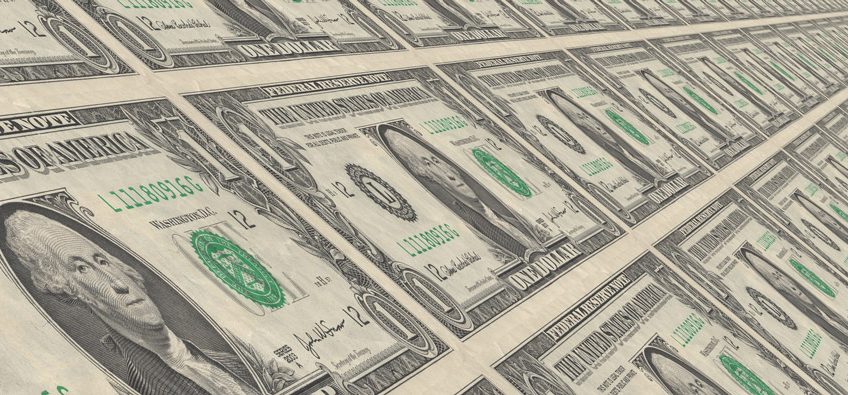
Does the VIX Still Accurately Measure Fear?
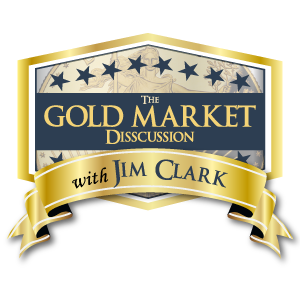
DOES THE VIX STILL ACCURATELY MEASURE FEAR? OR IS IT NOW THE DOLLAR?

The VIX does not seem to accurately measure fear anymore. The VIX – or volatility index – shows the markets’ 30-day forecast for volatility. It describes implied volatilities, is constructed partly from both calls and puts, is forward-looking, and referred to as a “fear gauge” used by investors to anticipate risk. Quantitative easing as monetary policy is partly to blame. It has caused a break down in the relationship between the VIX index and implied volatility in equity markets and banks’ willingness to use leverage.
The dollar seems to be the new measuring index of market volatility risk. It hit a 14-year high this week. The last time it was this high was April of 2003 in the wake of the U.S.-led invasion of Iraq. The dollar’s rising strength is accompanied by a rise of interest rates. A rise in rates is correlated to a rise in risk.
What this means for investors: The reason for the dollar’s surge in the wake of Trump’s election is in large part due to anticipation of stimulus spending that will drive demand and inflation. Gold took a hard hit this week due to the strength of the dollar. But inflation and massive spending are on the rise under President Trump. When inflation goes up, gold will act as a powerful hedge. Its recent price drop-off is a buying opportunity to protect against future inflation. Silver has pulled back as well on the same economic indicators as gold.
BILL GROSS ON TRUMP AND THE BOND SELL OFF
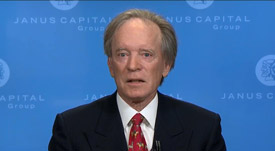
Janus Capital manager Bill Gross, is seeing ominous signs from the bond sell-off. The “Bond King” spoke out negatively this week about the economic growth potential during the Donald Trump era. He does not believe it will hit the 3-5% target that Trump has suggested.
The key feature of Trump’s economic plan is to increase spending on defense and infrastructure and cut taxes. Analysts estimate this will add to the national debt to a massive degree. Some see these tax cuts as a long-term economic boost that will drive corporate profit and in turn job and GDP growth.
Gross believes that lower tax revenue accompanied by higher government spending will push budget deficits higher and ultimately spur interest rates and prices. Although Gross is known as the Bond King, he is bearish on bonds given the massive sell-off. Since November 8th, there has been a $1 trillion loss in global bonds.
What this means for investors: Gross does not anticipate a new bull market in the wake of the election, despite the stellar rally in the stock market. He advised caution to investors. Lower taxes and higher inflation and interest rate have the potential to lower earnings and the price/earnings ratio. “Trumpflation” – a soaring deficit provoked by increased spending and tax cuts – will likely characterize the soaring inflation rate in the coming years.
FEDERAL RESERVE SPEAKS OUT ON RATE HIKES
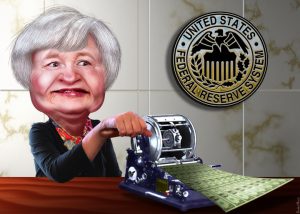
The Federal Reserve chair Janet Yellen spoke out this week on a December interest rate hike and the effects of the election. Yellen claimed that the election had not altered the Fed’s assessment that the case has bee strengthening for a December hike. She claimed that a hike would be appropriate “relatively soon” and that the outcome had no impact on their decision.
During the campaign, Donald Trump had at times some harsh words for Janet Yellen. He stated that she was too political and was purposely keeping rates low for longer than necessary to create a false economy that helped the democrats. He said he would replace her with a Republican in 2018 when her term as board chair expires. She insisted that this was not the case and vowed to finish her term.
What this means for investors: Fed funds futures showed a 91% chance of a rate rise in December. Last year, the Fed anticipated four rate hikes for 2016. If the December one happens, it will be the first due to economic data not being robust enough yet in the Fed’s estimate. In the short term, a rate hike will affect gold negatively. However in the long term, it will contribute to the inflationary trend that will drive gold prices up.
THE GLOBAL ECONOMY AFTER TRUMP ELECTION AND POSSIBILITY OF “TRUMPFLATION”
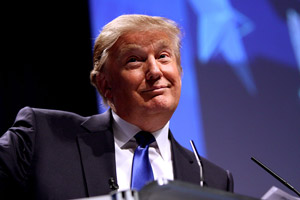 Unlike the Federal Reserve, the European Central Bank will likely not raise rates and rather continue their quantitative easing program. Political uncertainty in the Eurozone – including, but not limited to issues around Brexit – are one concerning factor. Upcoming election and referenda in Germany, France, Italy, and the Netherlands are also an issue. The EU has been struggling to meet GDP growth goals through its monetary policy thus far. Mario Draghi of the ECB has been attempting to make borrowing cheaper with low rates and push banks to lend. However ultimately it has been undercutting banks’ earnings and they are instead focusing on building capital.
Unlike the Federal Reserve, the European Central Bank will likely not raise rates and rather continue their quantitative easing program. Political uncertainty in the Eurozone – including, but not limited to issues around Brexit – are one concerning factor. Upcoming election and referenda in Germany, France, Italy, and the Netherlands are also an issue. The EU has been struggling to meet GDP growth goals through its monetary policy thus far. Mario Draghi of the ECB has been attempting to make borrowing cheaper with low rates and push banks to lend. However ultimately it has been undercutting banks’ earnings and they are instead focusing on building capital.
The bond market sell-off has presented difficulties for the Bank of Japan. The BOJ had set a goal to keep government bond yields hovering around zero by buying up the 10-year bonds. However as treasuries sold off, the Japanese sell-off drove yields into positive territory. Higher yields would have a tightening rather than growing effect on the Japanese economy.
What this means for investors: Sluggish global growth will be favorable for gold and silver. During economic uncertainty, the metals become more attractive as safe havens. The state of the global economy still makes a strong argument for owning gold and coming “Trumpflation” in the U.S. from a rising budget deficit and spending will spur inflation and lower purchasing power of the dollar.
Subscribe Now to Get the Gold Market Discussion Delivered Direct to Your Inbox
Here are some articles from the web discussing the topics in this week’s post:
Does the VIX Still Accurately Measure Fear?
Bill Gross on Trump and the Bond Sell-Off
Federal Reserve Speaks Out on Rates
Global Economy after Trump Election and Possibility of “Trumpflation”
As always, I encourage you to speak with your broker at RME for more market updates. Expert brokers are available Monday-Friday from 9 AM- 5 PM or by special appointment after hours. Call today at 602-955-6500 or toll-free at 877-354-4040.

